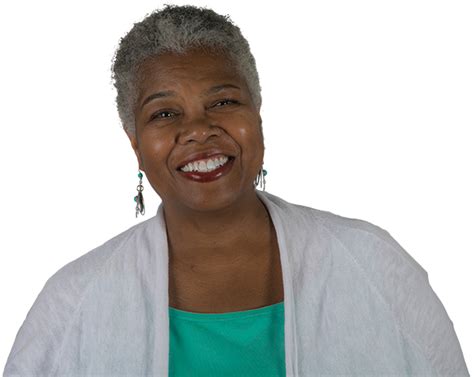A Quote by Jill Talbot
We read the world - television, movies, songs, books - and the people in it through the lens of our own lives.
Related Quotes
I believe in the magic of books. I believe that during certain periods in our lives we are drawn to particular books--whether it's strolling down the aisles of a bookshop with no idea whatsoever of what it is that we want to read and suddenly finding the most perfect, most wonderfully suitable book staring us right in the face. Unblinking. Or a chance meeting with a stranger or friend who recommends a book we would never ordinarily reach for. Books have the ability to find their own way into our lives.
The television screen is the lens through which most children learn about violence. Through the magnifying power of this lens, their everyday life becomes suffused by images of shootings, family violence, gang warfare, kidnappings, and everything else that contributes to violence in our society. It shapes their experiences long before they have had the opportunity to consent to such shaping or developed the ability to cope adequately with this knowledge.
Peace is not just the absence of war, it is the active presence of a capacity for love and compassion, and reciprocity. It is an awareness that our lives are not to be lived simply for ourselves through expressing our individuality, but we confirm the purpose of our lives through the work of expressing our shared sense of community in a purposeful and practical way; to sustain our own lives we sustain the lives of others - in family, in a community of neighborhoods called a city, and in a community of nations called the world.
I have no personal experience in the military. All I know about it is what I've seen in movies and read in books and watched on television. My knowledge is probably no more or no less than the average person's. 'A Brief Encounter with the Enemy' was created by taking bits and pieces from here and there, and then putting my own spin on them.
All of the insights that we might ever need have already been captured by others in books. The important question is this: In the last ninety days, with this treasure of information that could change our lives, our fortunes, our relationships, our health, our children and our careers for the better, how many books have we read?
































